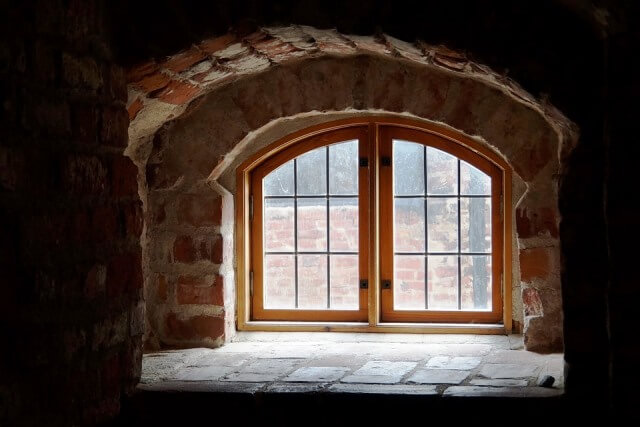
Over the millennia, Jews have faced the holy city of Jerusalem when praying. The Talmud in Berachot 34b derives this practice from how Daniel would pray in Babylon:
“One should only pray in a house which has windows, as it says, ‘And Daniel would enter his house, where there were open windows in his upper chamber facing Jerusalem; three times a day he would kneel and pray’ (Daniel 6:11).”
Why are windows needed for prayer? Is not prayer a private exercise of the soul, where one concentrates inward? And why did Daniel have his windows facing Jerusalem?
Engaged Prayer
Prayer is an intensely introspective activity, but it should not lead us to belittle the value of being part of the world around us. If meditation and private prayer lead us to withdraw from the outside world, then we have missed prayer’s ultimate goal. The full import of prayer cannot be properly realized by those secluded in a monastery, cut off from the world. Prayer should inspire us to take action for just and worthy causes. For this reason, the Sages taught that we should pray in a room with windows, thus indicating our ties and moral obligations to the greater world.
As we affirm our connection to the world, it is important that we turn toward the city of Jerusalem. Our aspirations for perfecting the world should be channeled through the goal of universal peace. This is the significance of directing our prayers toward Jerusalem, whose name means “the city of peace.” Jerusalem is the focal point from which God’s prophetic message emanates to the world — “For the Torah shall come forth from Zion, and God’s word from Jerusalem” (Isaiah 2:3).
(Silver from the Land of Israel. Adapted from Ein Eyah vol. I on Berachot 34b (5:124))





